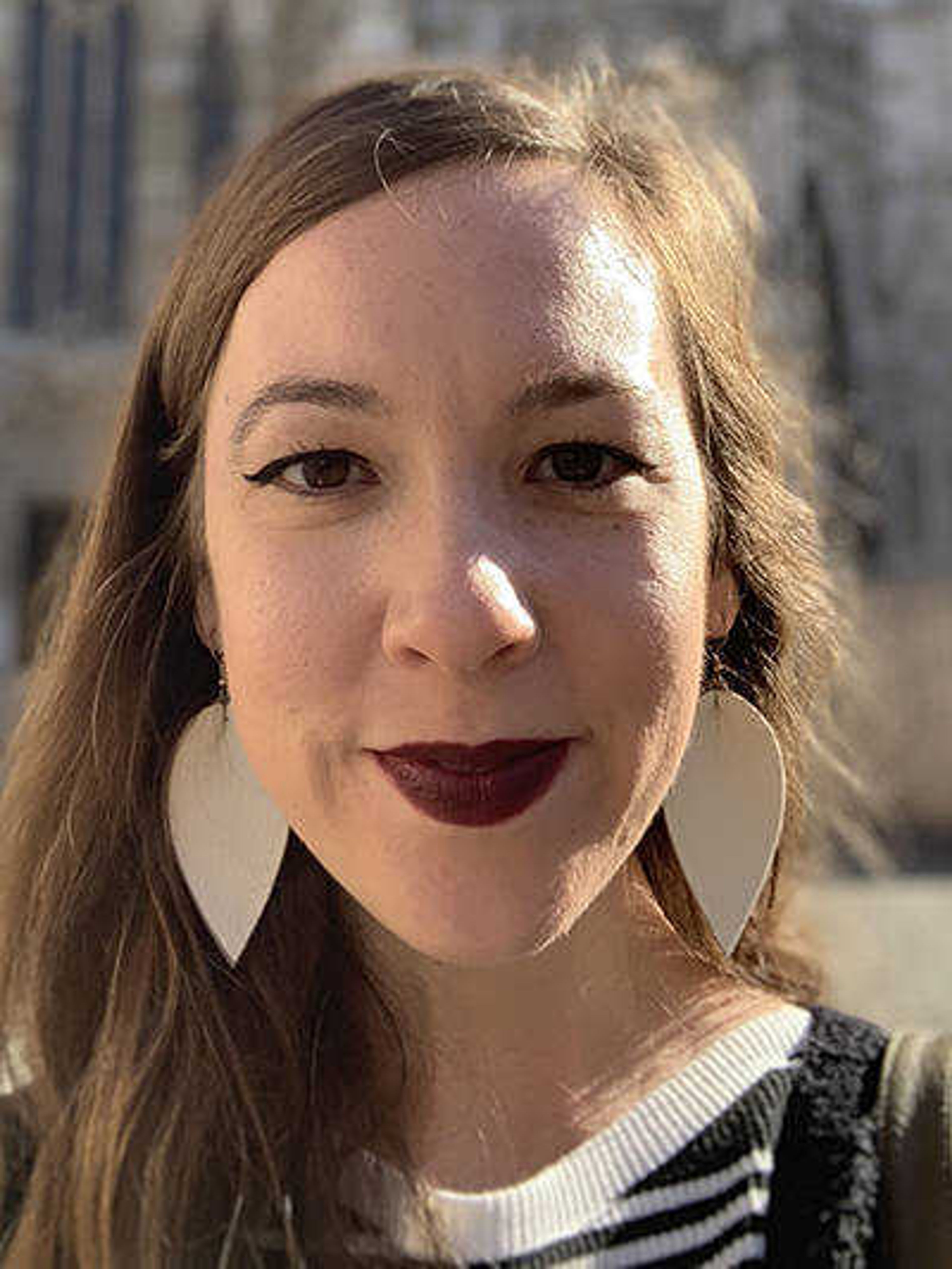What Zacchaeus desired
In one way of reading it, the story of Zacchaeus the tax collector in Luke 19:1-10 seems to me to be a story of desire. It is a beautiful one. Here is a man living on the fringes of the society he belongs in; as a tax collector, he takes from his own people and because he is wealthy, probably takes more than he should. ...
In one way of reading it, the story of Zacchaeus the tax collector in Luke 19:1-10 seems to me to be a story of desire.
It is a beautiful one. Here is a man living on the fringes of the society he belongs in; as a tax collector, he takes from his own people and because he is wealthy, probably takes more than he should. He hears about Jesus coming through town and has the desire to see him. All he wants is a glimpse of this man, and his desire will be fulfilled. However, he has a limitation: he is short and can't see over the crowd. His desire leads him on, though, and gives him the idea to climb a tree so he can look over the others' heads and see this man everyone is talking about. So he does.
When the man comes to the tree, however, something happens so good Zacchaeus surely must not have even hoped for it or thought to think of it: not only does he get to see Jesus, Jesus stops below the tree and sees him. And not only does Jesus look at him, he calls him by his name, choosing him from the crowd of people around him. There is no place for Zacchaeus to hide; he has been seen and singled out. This man knows his name. And on top of that, Jesus wants to stay at his house, to be with him and know him and be known by him.
"Zacchaeus stood there," Scripture reads, and I love that image of this man standing empty-handed before Jesus, having only himself to offer. Jesus doesn't ask Zacchaeus to give what he has to the poor or to pay back the people he has stolen from; all Jesus asks is to stay at Zacchaeus' house. Zacchaeus' offering to give to the poor and the people he has taken from is his own free response to Jesus seeking him out, choosing him and desiring to stay with him.
Lines in Zach Winters' song "Sometimes I Wonder" cause me to listen to the song from Zacchaeus' point of view. Winters sings: "Can I really see you / if I hide behind my brothers? / Climb a tree to meet you, / you pick me out red-faced from the others." The chorus goes on to say, "'Cause there's what he said, / there's what she said, / but our love won't survive on the words of others. / So I want to hear you / with your own lips, / say, 'Come on, come be near to me.'"
It, too, is a beautiful song of desire, one petitioning the Lord for a relationship that is deep, intimate and real. It must be, I think, what Zacchaeus dared not hope for when he climbed the tree, but what Jesus knew he desired in the deepest place within him. This cry of Zacchaeus' heart must have been why Jesus "intended to pass through the town" and what stopped him at the bottom of that tree.
Jesus is more deeply good than we realize and loves us more intimately than we dare hope for. Let us climb down from our trees and give a free response; for us, too, Jesus comes "to seek and to save what was lost."
Connect with the Southeast Missourian Newsroom:
For corrections to this story or other insights for the editor, click here. To submit a letter to the editor, click here. To learn about the Southeast Missourian’s AI Policy, click here.










